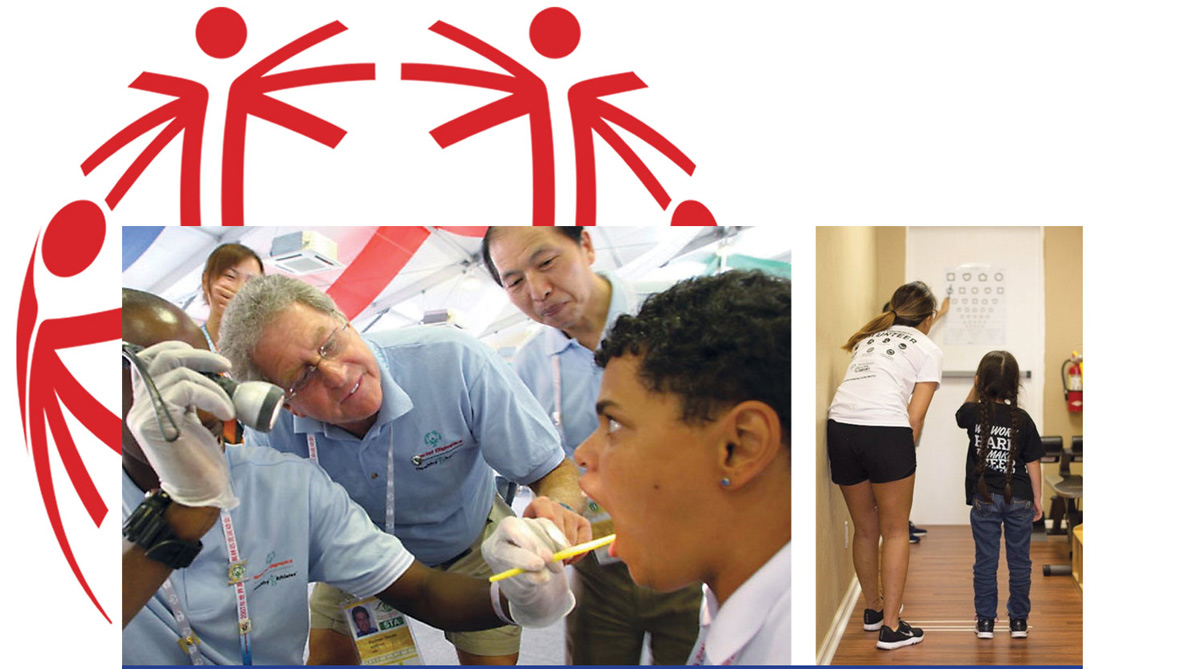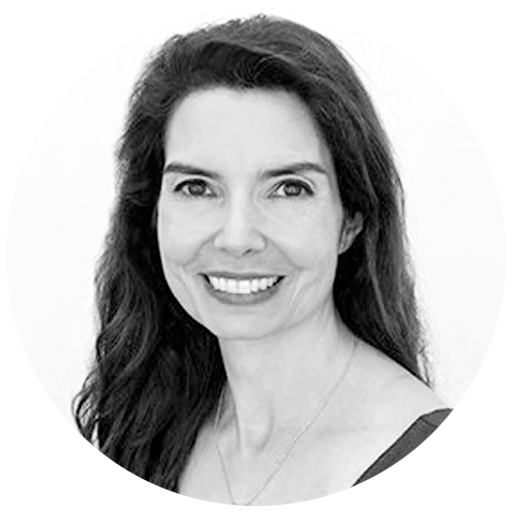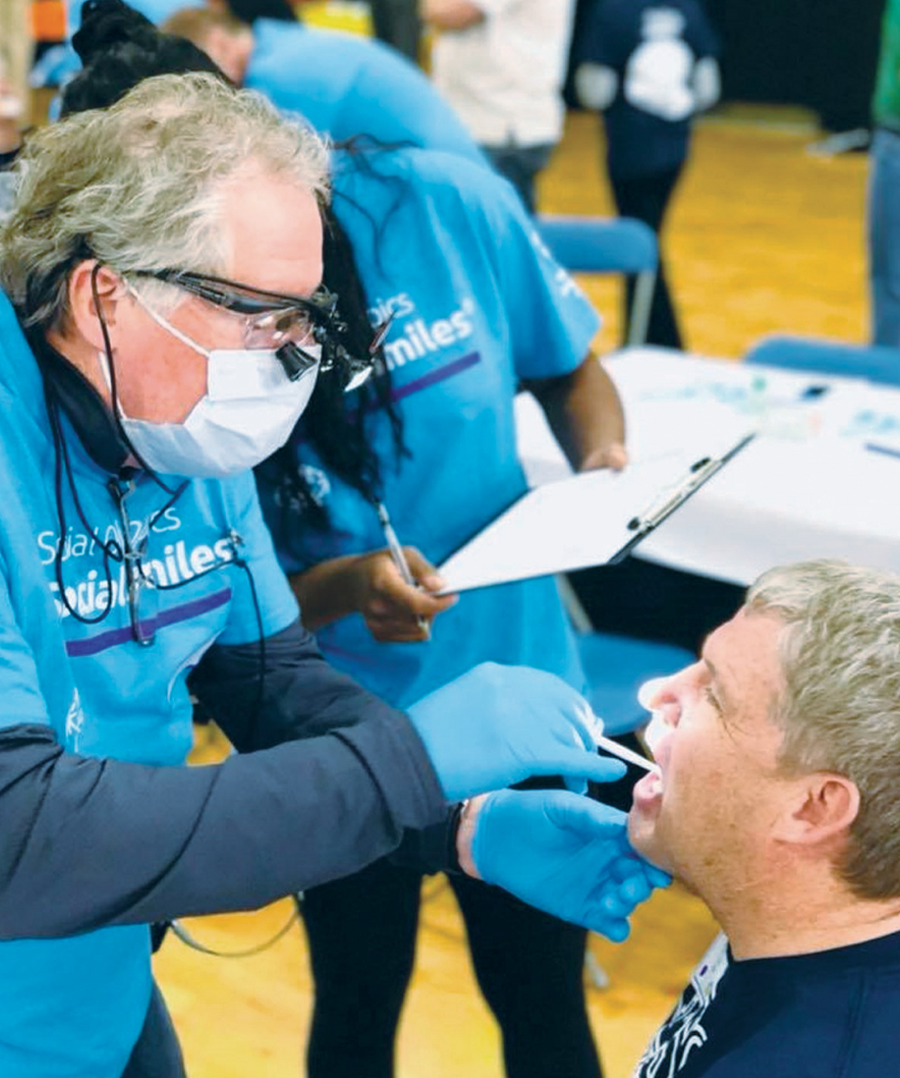
never once had a lecture on intellectual and developmental disabilities (ID/DD) in medical school. I never had a professor show me how to do a physical exam on a person with ID/DD. I never received training on medications for someone with ID/DD. Yet somehow, I got the impression that caring for people with ID/DD was difficult, time-consuming, unrewarding and not something I’d ever want to do.
I wasn’t alone. It’s not like cardiothoracic surgery, where you cut open a living person, stop the heart, save a life, and in about 12 hours make everything better. It’s not like obstetrics/gynecology, where you bring babies into the world and advocate for women’s health. It’s not what the beautiful dermatology people do, and it’s not a “sexy” area of innovation and technology. So, then how did I end up spending my entire career caring and advocating for people with ID/DD?
Usually, when a doctor goes into ID/DD medicine it is because he or she has a family member with such a disability or is inspired to do so. Most see the challenges, not the gifts of this population. I chose to focus on this population because I got angry.
When I started my first job out of fellowship, I could not believe what I was seeing in hospitals and clinics across Los Angeles when it came to the treatment of people with intellectual disabilities. I saw a patient die from choking on a hot dog while he was strapped to a wheelchair. One patient fractured her shoulder and did not get the repair because her well-meaning doctor told her sister she may not be able to handle the physical therapy. Another patient went blind because the staff were concerned that he would rip away his bandages after cataract surgery.
My catalyst ultimately came Christmas morning in 2008 when my phone rang at 4:30 a.m. It was a surgeon calling about a patient of mine who had just been hospitalized. “Nobody should die like this. You need to do something,” he said.
The patient was just 42 years old and had no other major medical conditions, yet he died of constipation. He had been eating unhealthy foods made for him in his group home. He had been sitting, not active, put on behavior-modifying psychiatric medications to keep him calm. A side effect of the medication is constipation, and he hadn’t had a bowel movement in two weeks, eventually resulting in the perforation of his intestines and death.
Instead of getting life skills training, being supported in a job, learning to cook healthy foods, and being physically active in his community, he was dead. It was the worst day of my career. I had seen firsthand that people with ID/DD have incredibly poor health outcomes unrelated to their intellectual functioning. They die 20 years prematurely from preventable deaths, including dehydration, untreated seizures, sepsis, choking and aspiration and, yes, constipation. Trapped in systems mired in ignorance and bias, and with no visible advocates or consequences for poor care or preventable deaths, people with ID/DD had worse outcomes than any population I had ever seen.
The mission of Special Olympics is to provide year-round sports training and athletic competition in a variety of Olympic-type sports for children and adults with intellectual disabilities, giving them continuing opportunities to develop physical fitness, demonstrate courage, experience joy and participate in a sharing of gifts, skills and friendship with their families, other Special Olympics athletes and the community.
The Power to Transform Lives
Special Olympics strives to create a better world by fostering the acceptance and inclusion of all people.
Through the power of sports, people with intellectual disabilities discover new strengths and abilities, skills and success. Our athletes find joy, confidence and fulfillment – on the playing field and in life. They also inspire people in their communities and elsewhere to open their hearts to a wider world of human talents and potential.
There are as many as 200 million people with intellectual disabilities around the world.
I had already begun working on a national scale with the American Academy of Developmental Medicine when, in July 2015, I took my three children to the opening ceremony of the Special Olympics World Summer Games at the Coliseum in Los Angeles. My kids could not tell which athletes had disabilities and which didn’t. They thought that they were at the original Olympics, and they were so excited. I said to my family, with tears in my eyes, “We can’t stop until it’s like this everywhere.” I wanted every child and every adult to see the power of inclusion the way my children viewed it.
I visited the Special Olympics Healthy Athletes® program associated with the Games. Thousands of athletes with ID/DD were getting health screenings for vision, hearing, dental care, sports physicals, physical fitness, podiatry and health promotion, some for the first time in their lives. Eager health professionals and students with appropriate training were caring for the athletes—athletes, mind you, not patients—with attitudes not only of acceptance but of joy and gratitude for the opportunity to learn and be connected. Imagine the topmost of society’s academic elites connecting and learning from the most marginalized. The program has been replicated and expanded to Healthy Communities all over the world. That was my “Special Olympics” moment. I knew I had to be a part of the movement, and this year I became their first Chief Health Officer.
Our greatest remaining challenge is generating awareness and action—awareness that this population exists, that they deserve the same access to health care as people without disabilities, and action to make systematic inclusive health changes. We are and will continue training healthcare providers on working with people with ID/DD and creating environments for ongoing support and access to resources for athletes, families and caregivers. We are implementing policies at the local, state, national and global levels and collecting data to impact change so that no one has to die of a preventable disease and so that, finally, every student gets to learn about and from people with ID/DD. And now, I invite every health care professional to get educated in ID/DD at learn.specialolympics.org and care for a patient with ID/DD. I invite every leader to include people with ID/DD in their organization. I invite everyone who encounters a person with ID/DD not to look the other way, but to see the individuals as potential athletes, friends and teachers, and to help create a world in which people with ID/DD are finally included.



